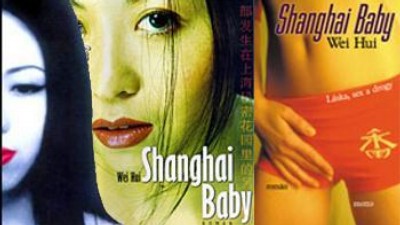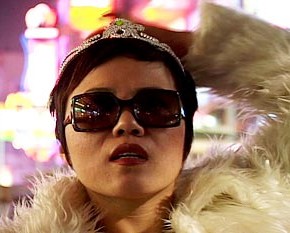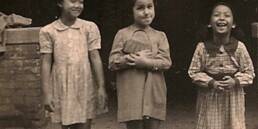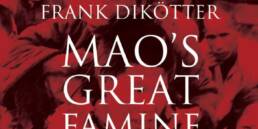“My name is Nikki but my friends all call me Coco after Coco Chanel, a French lady who lived to be almost ninety. She’s my idol, after Henry Miller. Every morning when I open my eyes I wonder what I can do to make myself famous. It’s become my ambition, almost my raison d’être, to burst upon the city like fireworks.” – It is Coco speaking, the protagonist of Shanghai Baby by Wei Hui.
Later on, Coco describes: “He propped me up against the purple wall, lifted my skirt, nimbly slipped up my CK underpants, balled them up and stuck them in his hip pocket. Then he forcefully lifted me up and, without another word, rammed himself inside me. (…) Orgasm approached amid my feelings of dread and awkwardness”.
Shanghai Baby (1999) is a novel that has caused much controversy in China and beyond in the early years of the millennium. The ongoing controversy over this book and its writer made me decide to write my thesis in Literary Studies about this topic in 2008. I remember telling a friend of mine, an Amsterdam-based second-generation Chinese young man, about my thesis topic. He appeared disgruntled. Why would I spend time on a book that was a disgrace to Chinese culture, and, particularly, a shame to Chinese men? The book was rightfully banned in China, he said, as it was nothing but a piece of garbage. My interest in this book only showed my lack of intelligence, he added. His reaction further aroused my interest in Shanghai Baby. I decided that a book that evokes such emotional reactions does not belong in the trash, but should get the attention it deserves.
During the late 1990s, a new type of novel started to appear in China’s literary scene. It was literature written by young female authors who focused on topics generally regarded taboo in the People’s Republic of China (PRC). These writers came to be referred to as meinü zuojia, ‘beauty writers’, due to their flashy and sexy looks. Their novels were just as bold as their physical appearance, telling the stories of a young urban generation leading a wild and extravagant lifestyle. Their boldness soon resulted in banishment. Wei Hui’s Shanghai Baby (Shanghai Baobei) was banned in 1999, Candy (Tang) by Mian Mian in 2000, and Beijing Doll (Beijing Wawa) by Chun Sue was prohibited in 2002. They became bestsellers in the Western world, not only because of their appealing covers and contents, but also due to the mere fact they were banned in the PRC.
Shanghai Baby and Candy are amongst the most controversial books within the genre. The authors, Wei Hui and Mian Mian, are both pioneers of what is called the ‘New Generation’ of China: the wave of young women that have brought this new kind of literature to the PRC. Wei Hui has undeniably become the most famous ‘beauty writer’. Penetration, oral sex, impotence, menstruation and female orgasm are all subjects dealt with in her book. The Chinese government labeled it as ‘porn’ and ‘spiritual pollution for the minds of the people’, and publicly burnt over 40.000 copies of it in 2000. Shanghai Baby was banished, its writer left the country. Nevertheless, underground literary circles continued to spread copies of the novel, making it increasingly popular. The popularity of the book did not go unnoticed abroad- the book was translated and sold in many different countries, turning it into a bestseller.
Shanghai Baby has crossed China’s borders and has transcended the context from which it originated. Although it became popular in the West, it was also received with much prejudice and suffered tremendous criticism. Not only was it dismissed as a cheap read, some readers even said they felt cheated: they paid for a book that was supposed to be controversial (as the cover says: ‘banned and burned in China’), but found it to be a type of chick-lit sold at every airport’s kiosk. They expressed their disappointed about the fact the novel seemed so ‘Western’. On many (English) Internet forums Wei Hui was even scolded for being a “whore to western culture”.
Shanghai Baby needs to be placed back in its context. From which social circumstances did it emerge? What type of book is it? Does it have the same meaning in ‘the West’ as it does in China? Is it ‘world literature’ or ‘chick-lit’? The red thread of my thesis is the journey Shanghai Baby has made from its national context to the international market and its present place in the world.
Feelin’ triggered? You can click to the PDF file of the thesis here: Shanghai Baby- Beyond China, A Chinese Novel Banished to the West.




